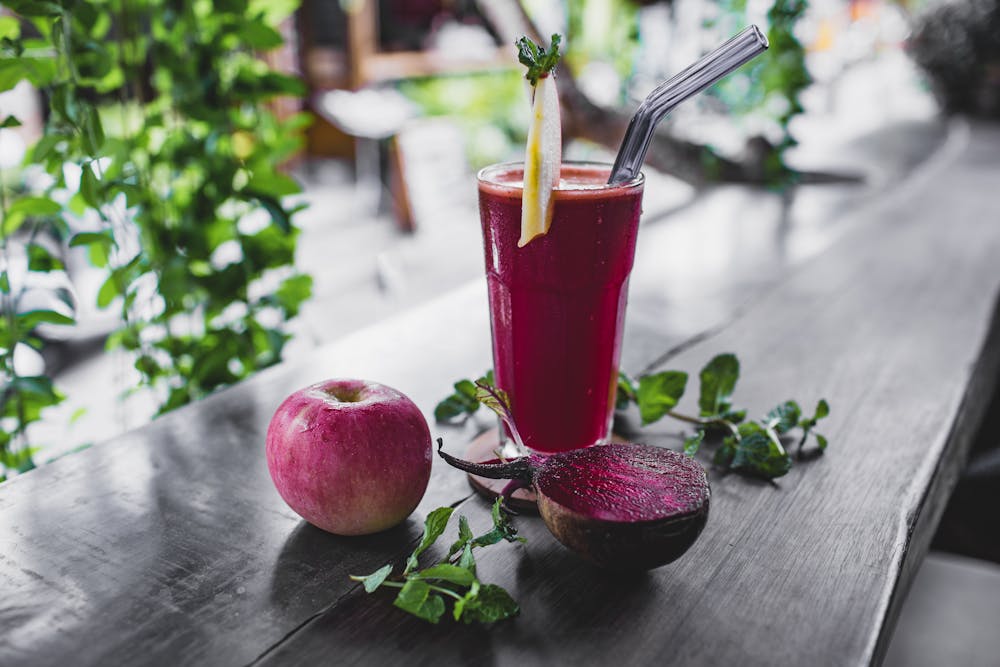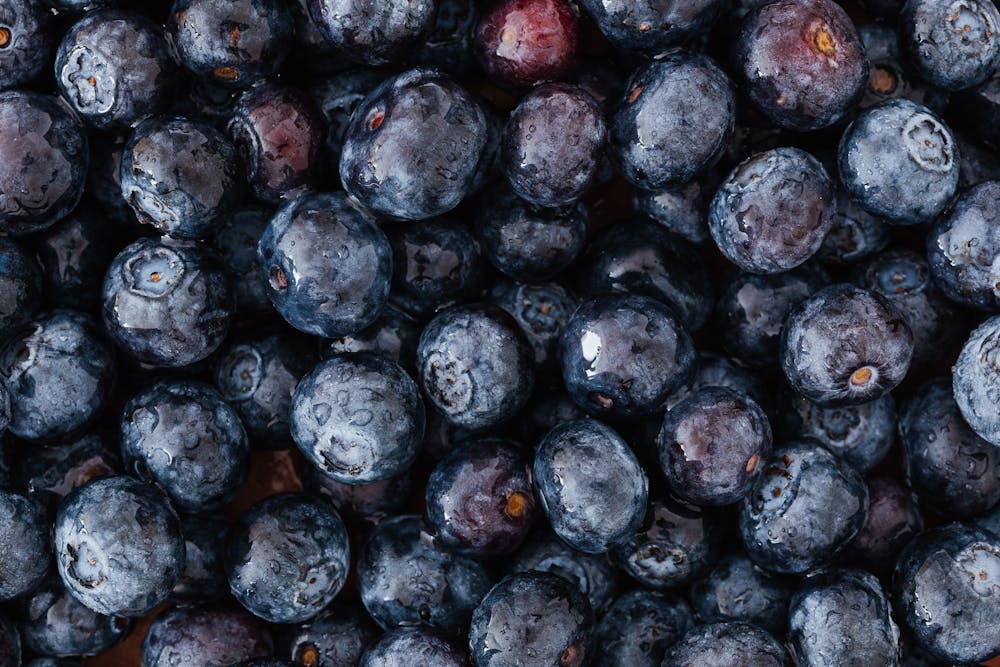Hey there, everyone! Today, let’s dive into a topic that’s often a source of confusion – the difference between vegan and vegetarian diets. Yep, they might sound similar, but there are some key distinctions between the two that are worth exploring. So, let’s break it down and gain a better understanding of what it means to be vegan versus vegetarian.
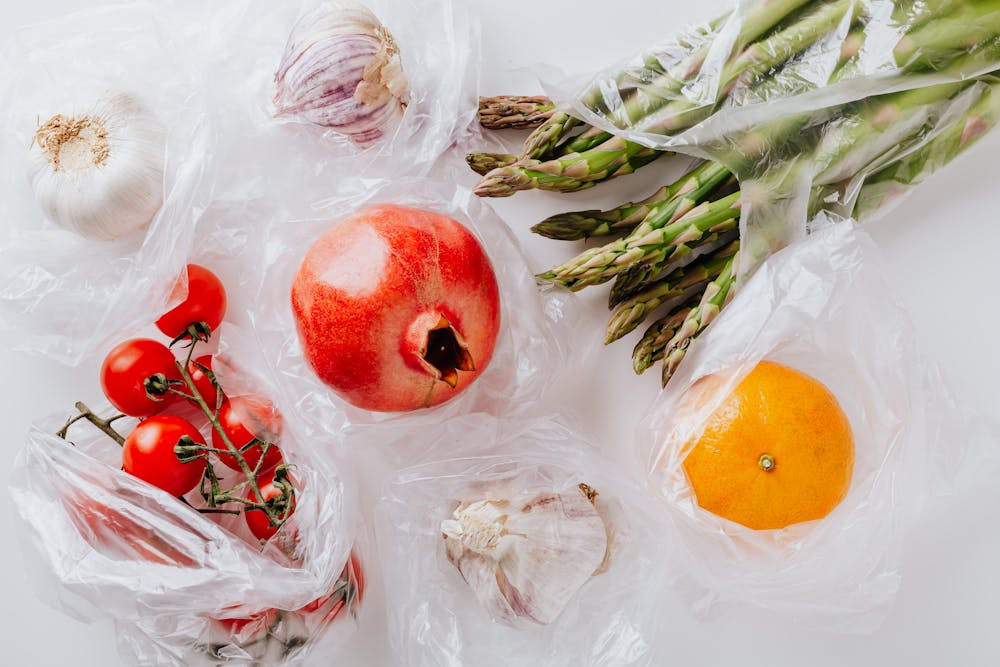 First things first, let’s talk about what it means to be vegetarian. A vegetarian diet excludes meat, poultry, and seafood, but may still include other animal-derived products like dairy, eggs, and honey. There are different types of vegetarian diets, including lacto-vegetarian (which includes dairy but excludes eggs), ovo-vegetarian (which includes eggs but excludes dairy), and lacto-ovo vegetarian (which includes both dairy and eggs).
First things first, let’s talk about what it means to be vegetarian. A vegetarian diet excludes meat, poultry, and seafood, but may still include other animal-derived products like dairy, eggs, and honey. There are different types of vegetarian diets, including lacto-vegetarian (which includes dairy but excludes eggs), ovo-vegetarian (which includes eggs but excludes dairy), and lacto-ovo vegetarian (which includes both dairy and eggs).
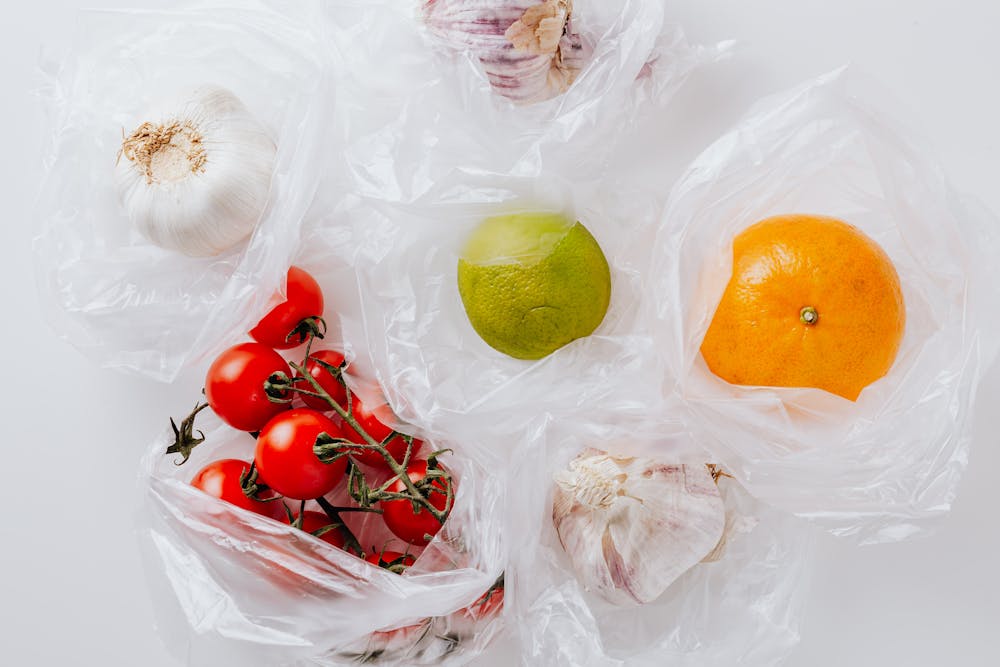 On the other hand, a vegan diet takes things a step further by excluding all animal products, including meat, poultry, seafood, dairy, eggs, honey, and any other ingredients derived from animals. This means that vegans rely solely on plant-based foods for their nutrition, including fruits, vegetables, grains, legumes, nuts, seeds, and plant-based alternatives to animal products like tofu, tempeh, and plant-based milk and cheese.
On the other hand, a vegan diet takes things a step further by excluding all animal products, including meat, poultry, seafood, dairy, eggs, honey, and any other ingredients derived from animals. This means that vegans rely solely on plant-based foods for their nutrition, including fruits, vegetables, grains, legumes, nuts, seeds, and plant-based alternatives to animal products like tofu, tempeh, and plant-based milk and cheese.
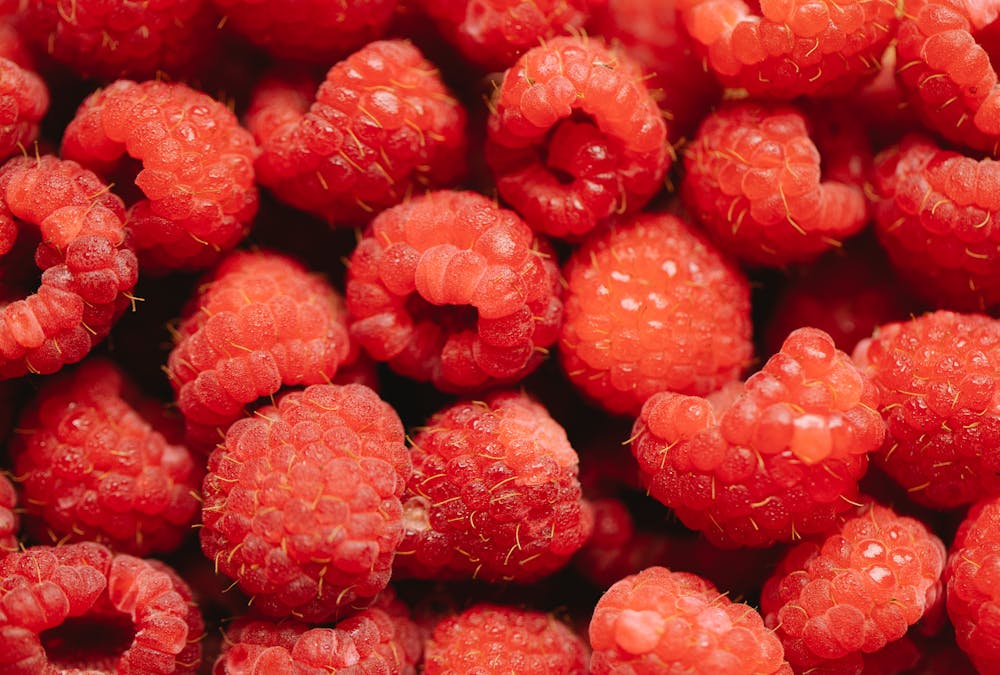 So, what are some of the reasons people choose to follow vegan or vegetarian diets? Well, for many people, it’s a matter of ethics and compassion for animals. By abstaining from meat and other animal products, vegans and vegetarians seek to reduce harm to animals and promote a more compassionate way of living. Additionally, both vegan and vegetarian diets are often touted for their potential health benefits, including reduced risk of chronic diseases like heart disease, diabetes, and certain cancers, as well as improved digestion, weight management, and overall well-being.
So, what are some of the reasons people choose to follow vegan or vegetarian diets? Well, for many people, it’s a matter of ethics and compassion for animals. By abstaining from meat and other animal products, vegans and vegetarians seek to reduce harm to animals and promote a more compassionate way of living. Additionally, both vegan and vegetarian diets are often touted for their potential health benefits, including reduced risk of chronic diseases like heart disease, diabetes, and certain cancers, as well as improved digestion, weight management, and overall well-being.
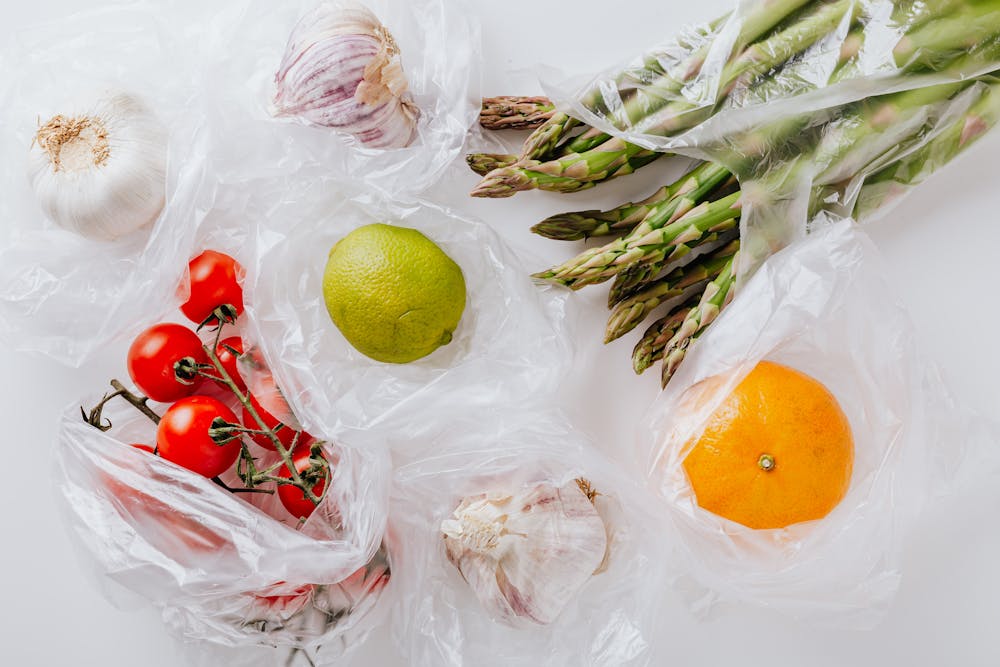 Now, let’s talk about some of the practical differences between vegan and vegetarian diets. While both diets focus on plant-based foods, there are some foods that are typically off-limits for vegans but allowed for vegetarians. For example, vegetarians may still enjoy dairy products like milk, cheese, and yogurt, as well as eggs and honey, whereas these foods are excluded from a vegan diet. Additionally, vegetarians may have an easier time finding options when dining out or attending social events, as many restaurants and food establishments offer vegetarian-friendly options that include dairy and eggs.
Now, let’s talk about some of the practical differences between vegan and vegetarian diets. While both diets focus on plant-based foods, there are some foods that are typically off-limits for vegans but allowed for vegetarians. For example, vegetarians may still enjoy dairy products like milk, cheese, and yogurt, as well as eggs and honey, whereas these foods are excluded from a vegan diet. Additionally, vegetarians may have an easier time finding options when dining out or attending social events, as many restaurants and food establishments offer vegetarian-friendly options that include dairy and eggs.
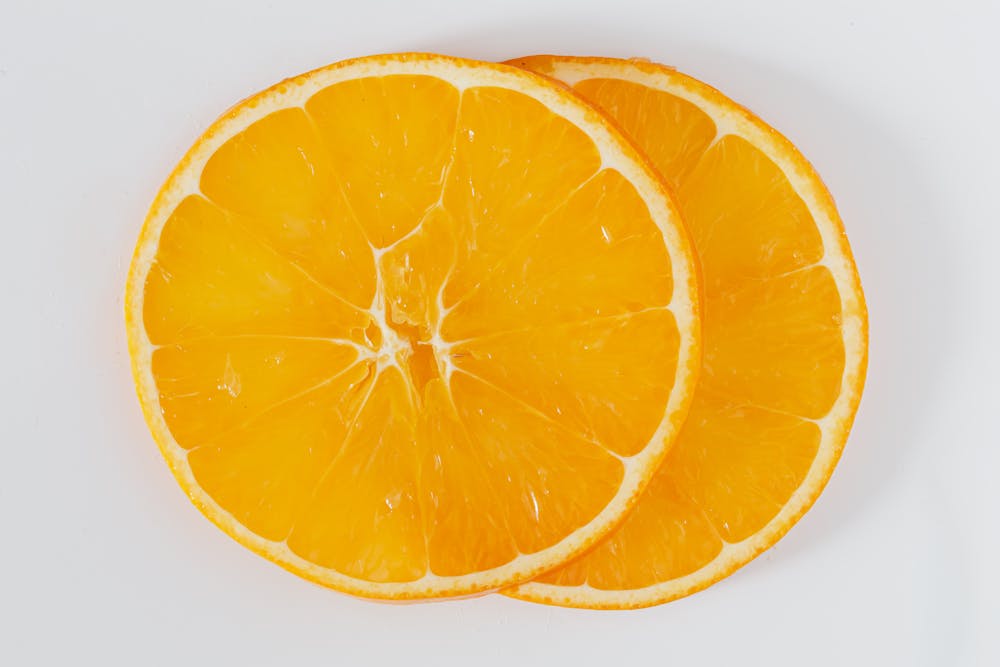 On the other hand, vegans may need to be more diligent about reading food labels and asking questions about ingredients to ensure that the foods they consume are free from animal products. They may also need to seek out alternative sources of nutrients like calcium, vitamin D, vitamin B12, and omega-3 fatty acids, which are typically found in animal products but can be obtained from fortified foods or supplements on a vegan diet.
On the other hand, vegans may need to be more diligent about reading food labels and asking questions about ingredients to ensure that the foods they consume are free from animal products. They may also need to seek out alternative sources of nutrients like calcium, vitamin D, vitamin B12, and omega-3 fatty acids, which are typically found in animal products but can be obtained from fortified foods or supplements on a vegan diet.
 In conclusion, while vegan and vegetarian diets share some similarities, there are also some important differences to be aware of. Whether you choose to follow a vegan or vegetarian diet – or simply incorporate more plant-based foods into your meals – the key is to listen to your body, make informed choices, and find a way of eating that works best for you and aligns with your values and beliefs. So here’s to embracing the wonderful world of plant-based eating, in whatever form it may take!
In conclusion, while vegan and vegetarian diets share some similarities, there are also some important differences to be aware of. Whether you choose to follow a vegan or vegetarian diet – or simply incorporate more plant-based foods into your meals – the key is to listen to your body, make informed choices, and find a way of eating that works best for you and aligns with your values and beliefs. So here’s to embracing the wonderful world of plant-based eating, in whatever form it may take!


